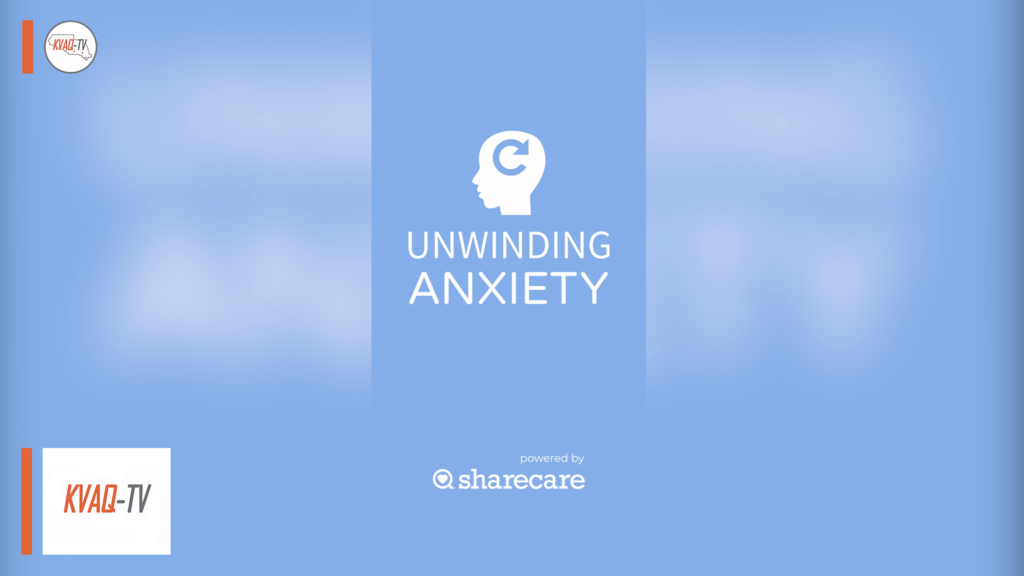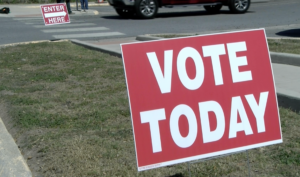
EDINBURG – Bad habits can range from scrolling on social media to stress-eating to substance abuse according to Chief Medical Officer at Sharecare, psychiatrist, and internationally known expert in mindfulness training for addictions Judson Brewer. Dr. Brewer defines a bad habit as a habit that is not serving a person.
Judas Tanguma, UTRGV theatre major, shared some unhealthy habits he identifies within himself and the people around him.
“My addiction to caffeine, when I wake up in the morning the first thing I want to have is coffee […] and in others, I’d say that sometimes people are a little bit attention seeking and alcoholic. I’ve seen that,” said Tanguma.
Dr. Brewer mentioned that an unhealthy habit is developed by a process called positive and negative reinforcement.
Through negative reinforcement there are three elements that develop a habit; a trigger, behavior, and result. The trigger could be an unpleasant emotion, behavior results from a trigger, and then a result would be an action that would arise from the associated behavior with that unpleasant emotion.
He explained that unhealthy habits can be extremely difficult to quit because many people think they have the willpower to stop. He said this can lead to exhaustion and lack of self-efficacy when it does not work, loss of control, then judging ourselves over not being able to implement willpower.
Dr. Brewer said if we look at how brains work, brains provide the solution, and positive and negative reinforcement are the strongest types of reinforcement. He explained further about the lab research he has conducted.
“So here my lab has studied app-based iPhone training programs to help with everything from smoking to overeating to anxiety, and what we do is we help people tap into the power of paying attention[…] curiosity is a superpower[…] so if our brain is looking for something better, willpower doesn’t feel better than the habit, but being curious about what anxiety feels like feels better than worrying about anxiety. Being curious about a craving feels better than trying to force ourselves not to eat something,” explained Dr. Brewer.
Dr. Brewer and his team found five times the quit rates of standard treatment for smoking. He detailed that his “Eat Right Now” app has a 40% reduction in craving-related eating, in their “Unwinding Anxiety” app there is a 67% reduction in anxiety for people with Generalized anxiety disorder.
For anyone looking to break a bad habit, the “Unwinding Anxiety” app, the “Calm” app, and the “Eat Right Now” app are available on the Appstore for download.





